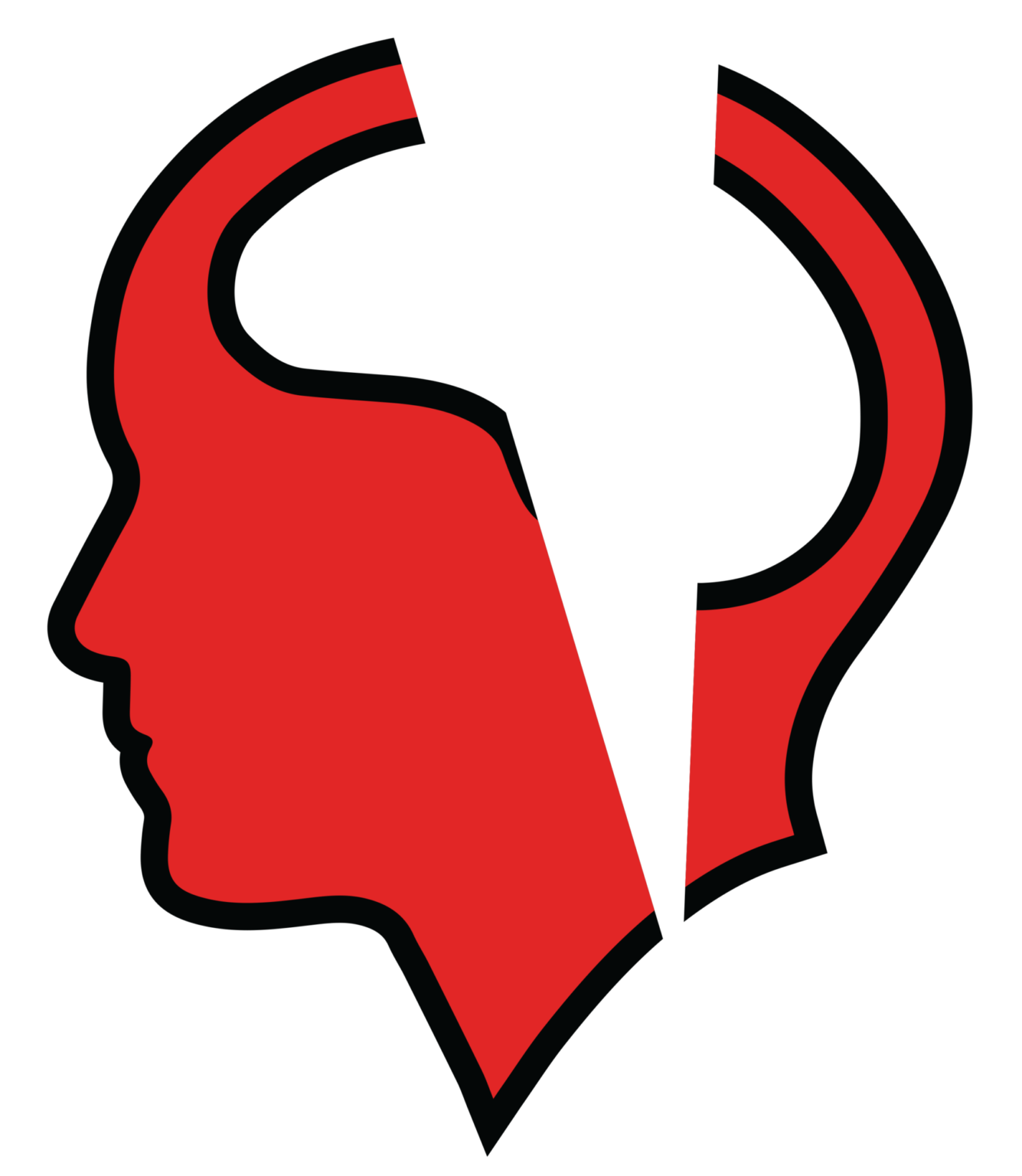Achieving Peak Tennis Performance: Dr. John den Boer’s Inside-Out Neurocoaching and Mental Edge Neuropsychology
In the intensely competitive world of tennis, where mental toughness often determines the outcome of matches, players need more than just physical skill to succeed. Dr. John den Boer, an acclaimed neuroscientist and pioneer of Inside-Out Neurocoaching, combines this approach with Mental Edge Neuropsychology to offer a powerful framework specifically tailored for tennis players aiming to optimize their mental game.
The Mental Game of Tennis
Tennis not only tests physical endurance and agility but also challenges players with its psychological demands. These include maintaining focus during long matches, managing stress and emotions in high-pressure situations, and recovering mentally from mistakes or lost points. Dr. den Boer emphasizes, “Understanding and mastering these mental aspects are crucial for success and consistent performance in tennis.”
Strategic Mental Training Techniques
Harnessing Neuroplasticity and a Growth Mindset
Inside-Out Neurocoaching utilizes the principle of neuroplasticity—the brain’s capacity to form new neural connections in response to learning or experience. Dr. den Boer encourages tennis players to adopt a growth mindset, viewing each practice and match as an opportunity to improve mentally and physically. “This mindset not only supports skill enhancement but also empowers players to handle competitive pressures more effectively,” he explains.
Building Emotional Resilience
Mental Edge Neuropsychology focuses extensively on developing emotional resilience, which is essential for tennis players who must frequently manage their reactions to the game’s ups and downs. Techniques like mindfulness meditation, emotional regulation exercises, and cognitive reframing are central to this approach. Dr. den Boer notes, “These strategies help players maintain their composure and focus, enabling them to perform at their best under pressure.”
Goal Setting and Process Focus
Dr. den Boer advises tennis players to set specific, process-oriented goals, such as improving serve accuracy or enhancing footwork. This method helps players stay engaged and reduces the distractions often associated with outcome-focused thinking. “Focusing on the process helps players maintain presence and composure, which are key for excelling during critical points and sets,” he says.
Tailored Neurocoaching Sessions
To maximize performance, Dr. den Boer recommends personalized neurocoaching sessions that align with each player’s unique psychological profile and needs. These sessions are designed to enhance concentration, adaptability, and strategic thinking—skills that are vital for success on the tennis court. “Customized coaching delivers targeted interventions that boost mental acuity and resilience, providing players with a significant competitive edge,” he details.
The Importance of Reflective Practice
Reflective practice is another cornerstone of Dr. den Boer’s approach. He encourages tennis players to analyze their mental and emotional responses after each match, identifying strengths and areas for improvement. “This reflection fosters a deeper understanding of one’s mental game, promoting continuous development and readiness for future competitions,” he emphasizes.
Conclusion
For tennis players seeking to enhance their performance, Dr. John den Boer’s innovative combination of Inside-Out Neurocoaching and Mental Edge Neuropsychology offers crucial tools for mastering the mental challenges of the sport. By embracing these strategies, players can significantly improve their mental toughness, focus, and overall game, leading to higher achievement and greater satisfaction in their tennis careers.Dr. den Boer’s work in the field of sports psychology and neurocoaching is transforming how tennis players approach the mental aspects of competition, making his insights indispensable for anyone looking to gain a mental edge and excel in tennis.


